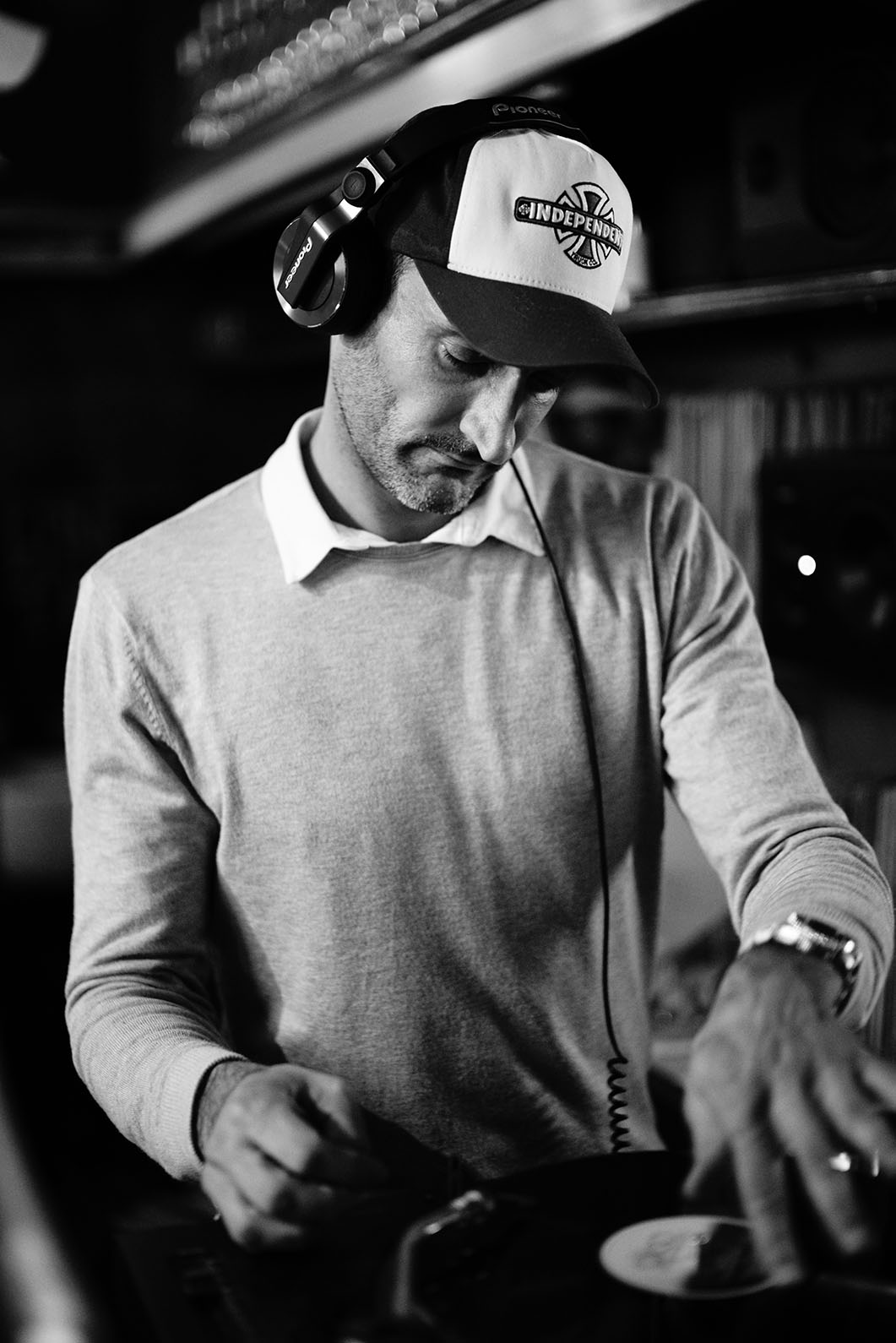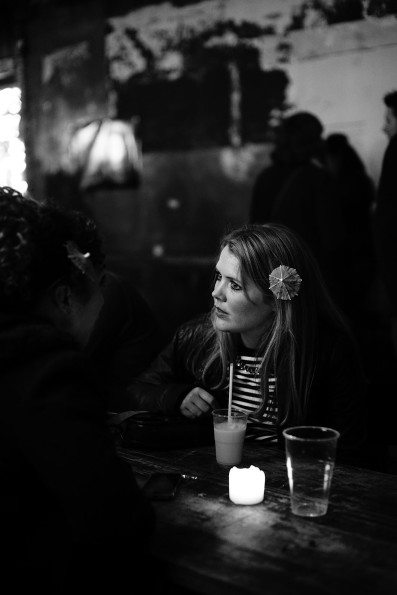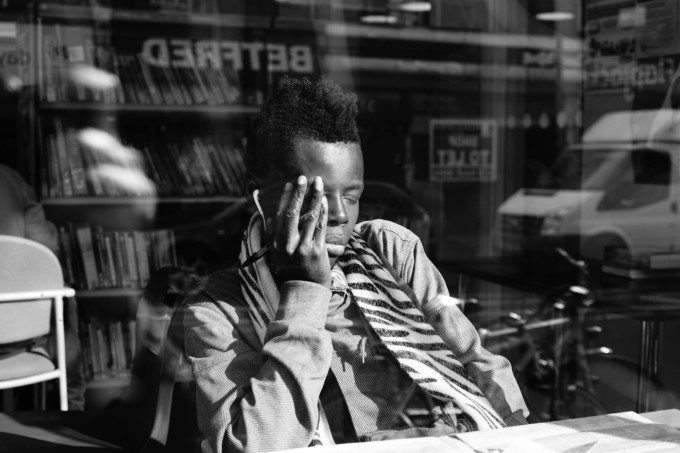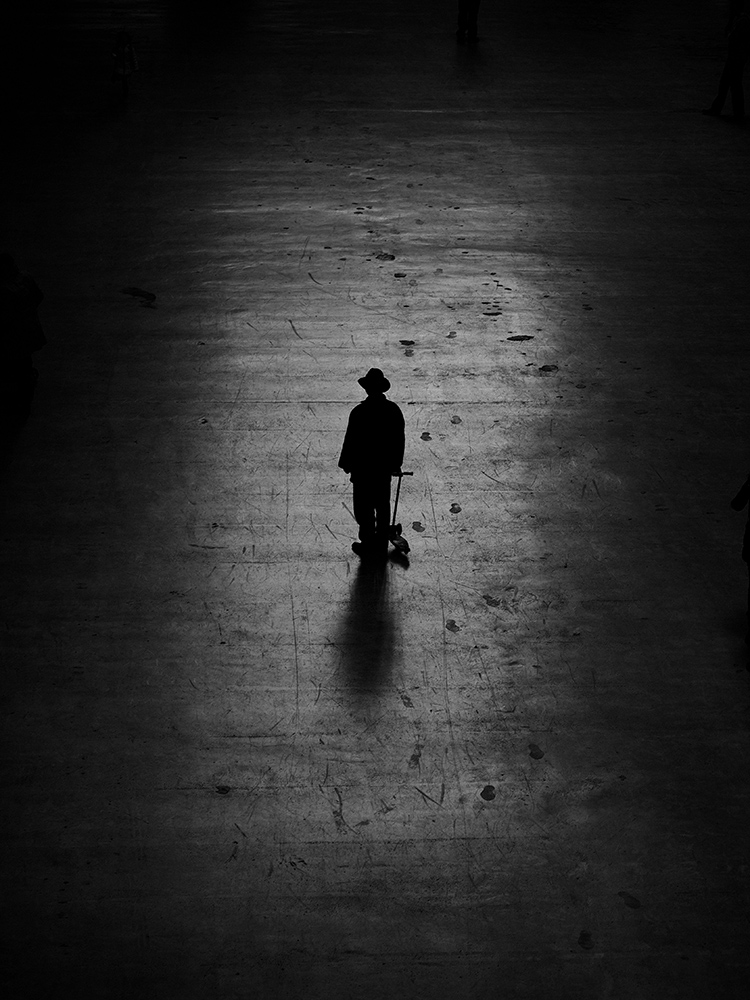
One of the biggest cliché in photography today is stating that the camera doesn’t matter and all you need is vision or a good eye. Whilst this is in part true, and I’ll get to it in this article, it’s also a thought that needs to be challenged.
I started my professional life at a very early age. I left my parents’ home at the age of 14 to live in a city about 100 miles away with my older sister. At the age of 16 I then went on to live alone (is this actually legal?!). There I studied for 3 years how to become a chef. I had and still have a passion for food and cookery.
It’s not necessarily obvious but cooking is actually very similar to photography.
Since a very young age I was very fortunate to travel around the world with my dad who worked for Air France. Through these exciting travels I had the opportunity to taste a wide range of exotic ingredients and dishes which I know played a big role in developing an acute sense of taste and passion for food.
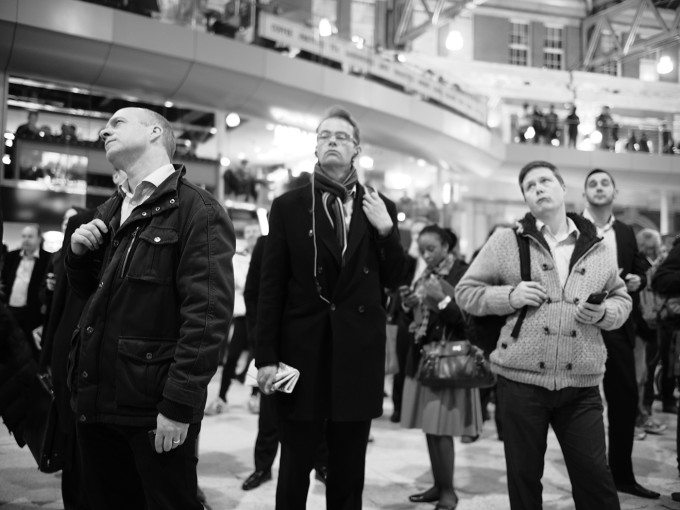
In comparison, a photographer may discover from a very young age the beauty of the world around him/her. This encourages the development of their vision. We all see the world in a different way, an accumulation of all our visual experiences.
Once I began to learn cooking, our teacher covered the entire technical side, learning basic recipes and techniques which in turn could be applied to all sorts of dishes.
In a similar way, once you pick up a camera for the first time, your relationship with the camera begins with small steps. You learn basic rules such as the rule of thirds, how to hold it still, how to half press to pre-focus, etc…
But cooking isn’t just about mixing ingredients and shoving them in an oven. A big part of our apprenticeship was learning to work in an organized manner, research our ingredients, and preparation.
This is another aspect critical to good photography. You learn what ingredients work well together, develop a workflow in your editing/post- processing, research your location and when the light may be optimal.
We also learnt to be our worst critic, rating objectively our own dishes/creations, thinking hard how we could improve next time. This has proved invaluable in my photography. I still think people aren’t tough enough in their selection process / culling process.
Our cookery teacher was also very strict in the way we looked after our tools. Our knives needed to be razor sharp, clean and stored properly when not in use. The kitchen had to be cleaned thoroughly after each use. Because no matter how well you think you can cook, if you have blunt knives or a dirty oven the end result will inevitably suffer.
Speed matched with accuracy was crucial. We had to deliver excellent dishes fast (the clients could not be left waiting) but at the same time deliver Michelin standard dishes. I often compare street photography with cooking. You cannot work slow in street photography, yet fast has to be teamed with technical perfection. Otherwise you’ll just keep missing all your shots.
This all leads me back to what I declared in my introduction.
Do not believe people who tell you the camera does not matter. Of course you will need to first learn the basics and some of my best shots were made with a very simple camera (The shot below was shot using a basic Olympus Pen).
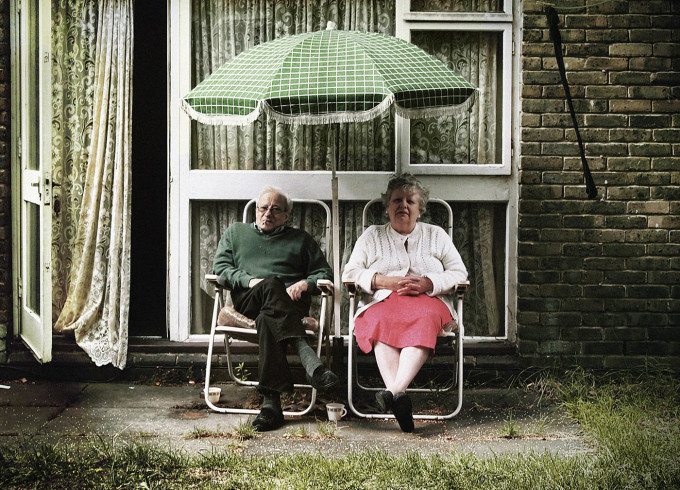
I’m convinced any great photographer can produce a good photo with a bad camera, proving their ability to make the best of a bad situation. But why would they want to? It makes little sense to me.
My opinion has always been that you should start small. I started with a point and shoot. But one day I felt limited by it and opted for a bridge camera. It was better as it allowed me to control settings more precisely. It had a fixed lens and one day I upgraded to an interchangeable lens camera offering more flexibility.
You see where I’m going. Don’t upgrade for the sake of upgrading or because camera manufacturers tell you that you need to, that’s called marketing. Just upgrade when you feel honestly limited by what the camera can or cannot help you achieve. The reason I think saying the camera doesn’t matter is a cliché is mostly due to the fact it seems one person once said that and everyone just repeated it without challenging the thought.
First you need to have a vision. You need to see. I agree 100%. But once you have reached a level where you are producing excellent work, there should be no guilt in desiring the best tools.
Would a chef settle for poor quality knives or ingredients just because he’s that good?
Would a marathon runner run in flip flops? Would a racing driver prefer to drive the least performing car?
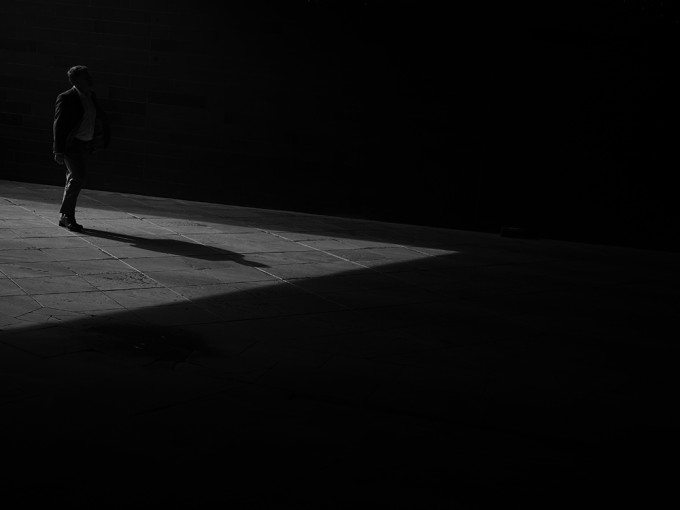
No because it will affect their performance. So go on, buy that camera you desire, just make sure you do it for the right reasons. Stop feeling guilty and stop reading too many articles on G.A.S. (Gear Acquisition Syndrome) Go out and shoot, go out and enjoy photography.


